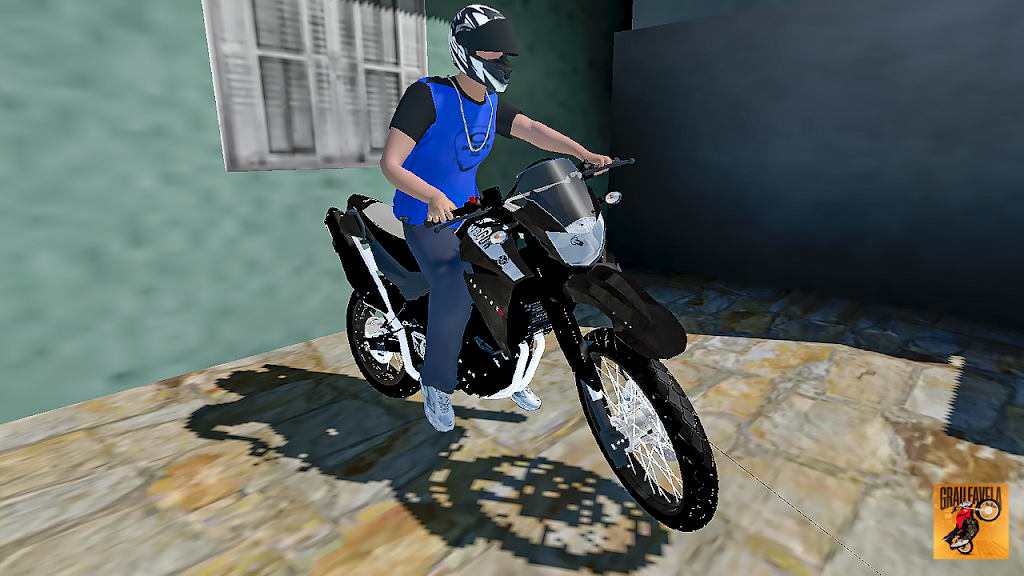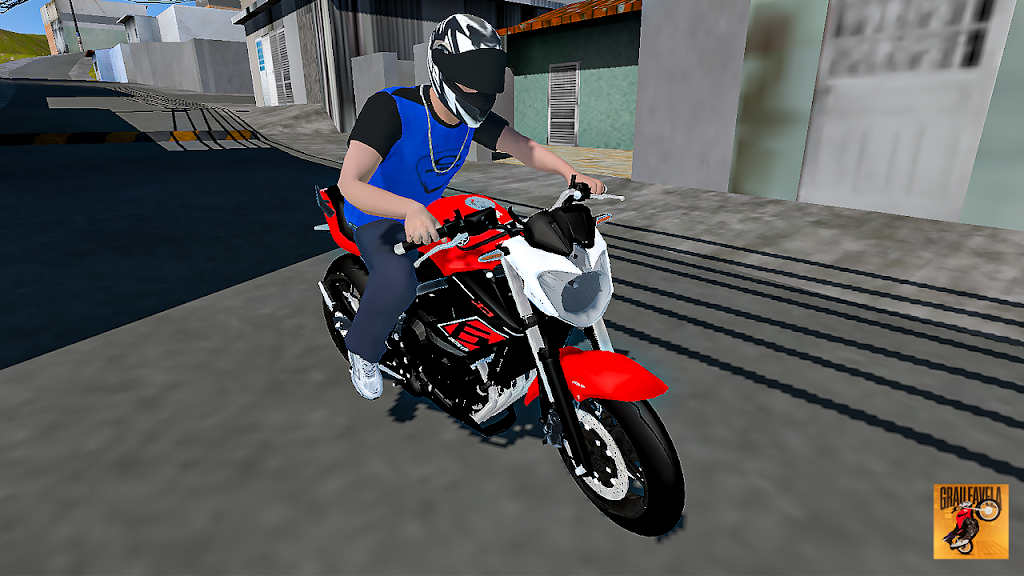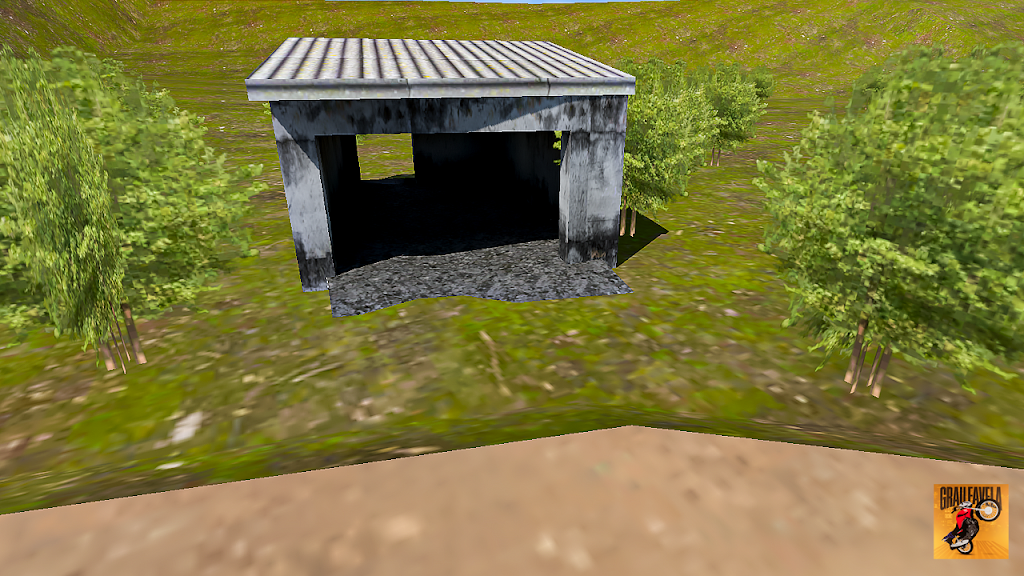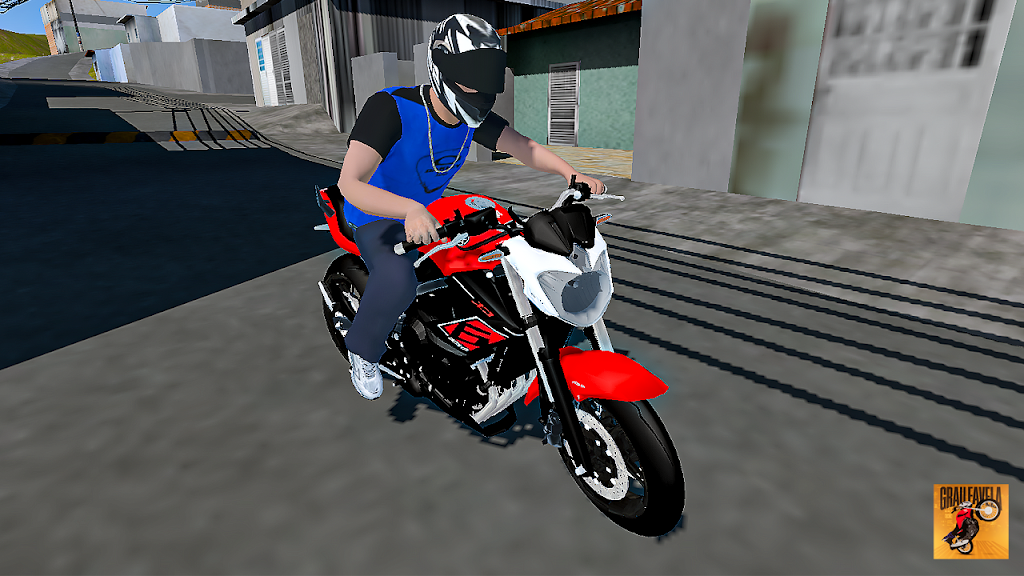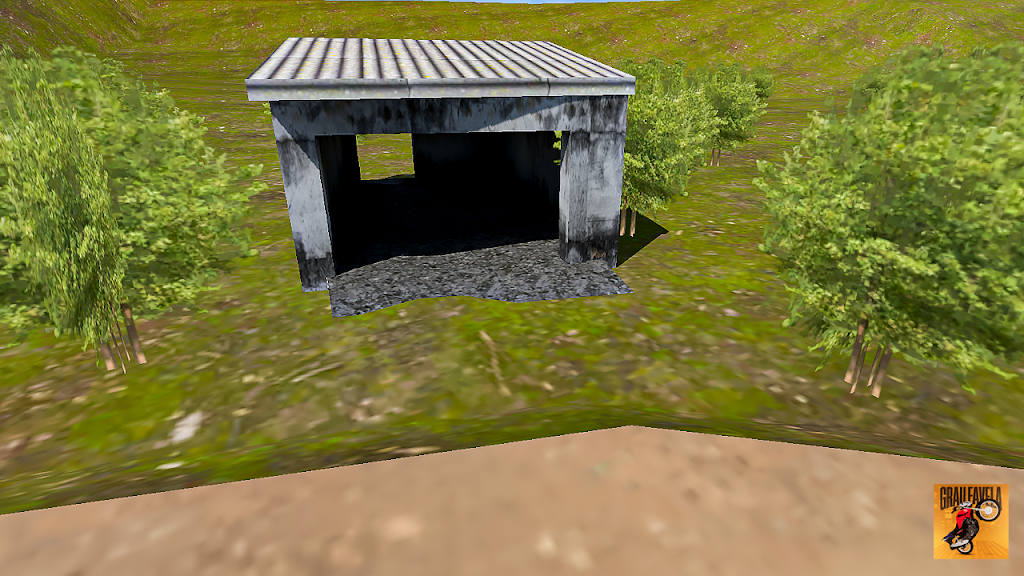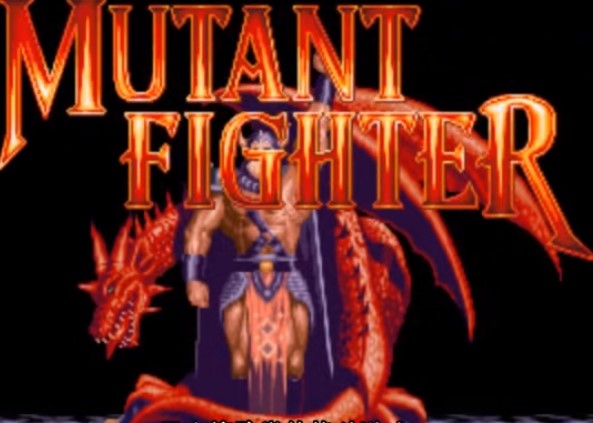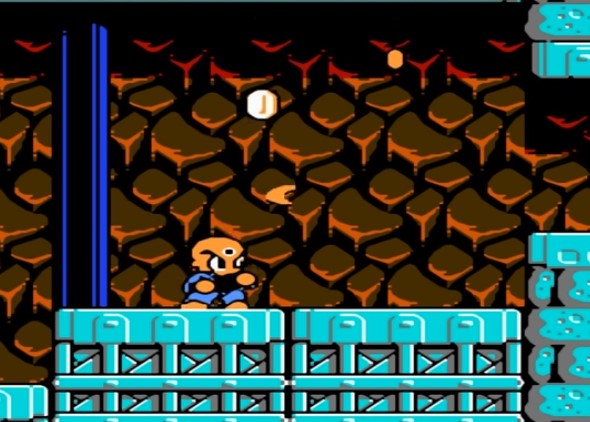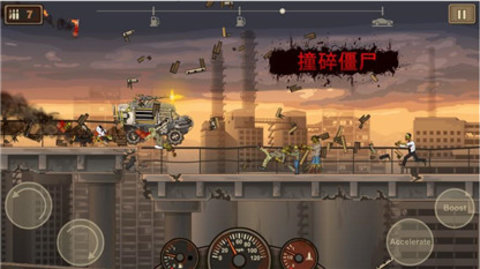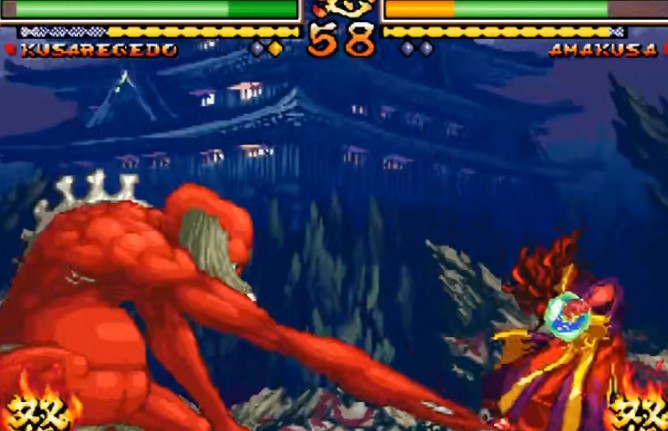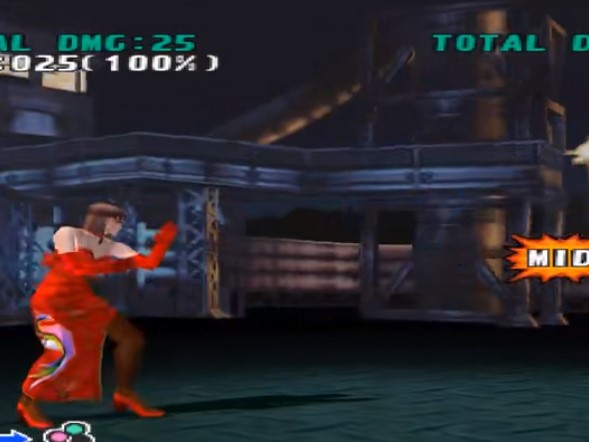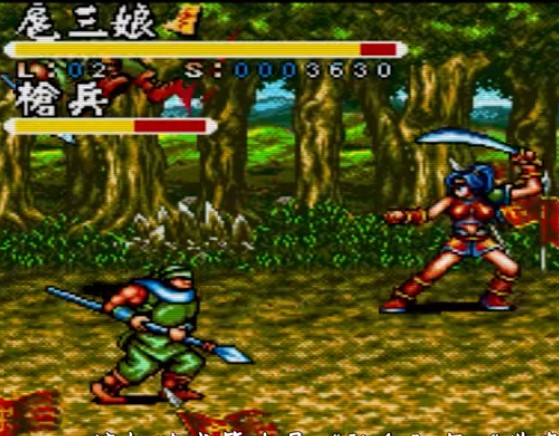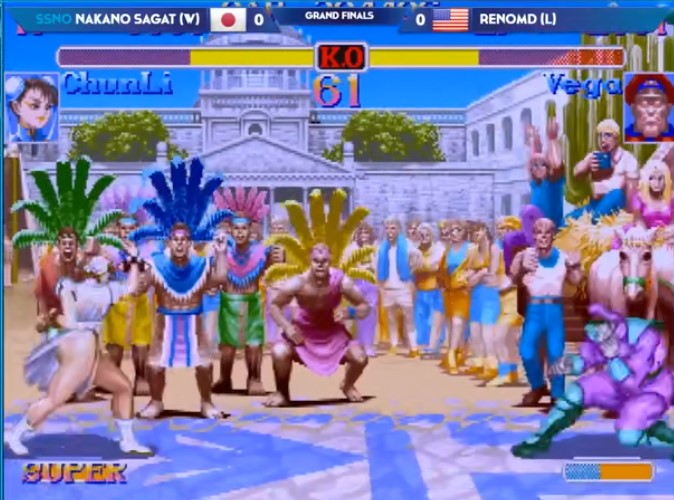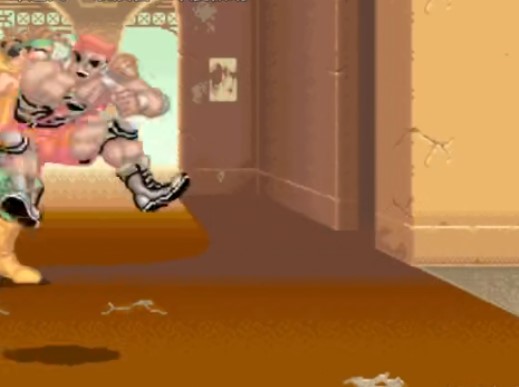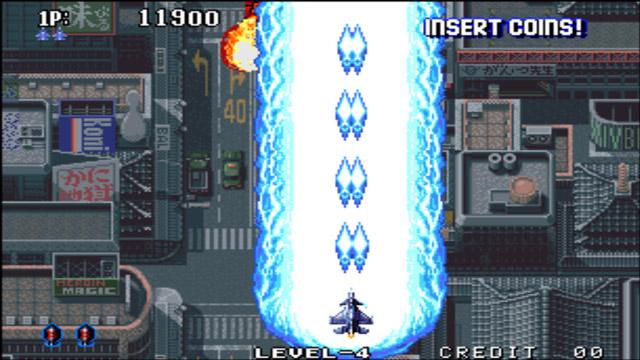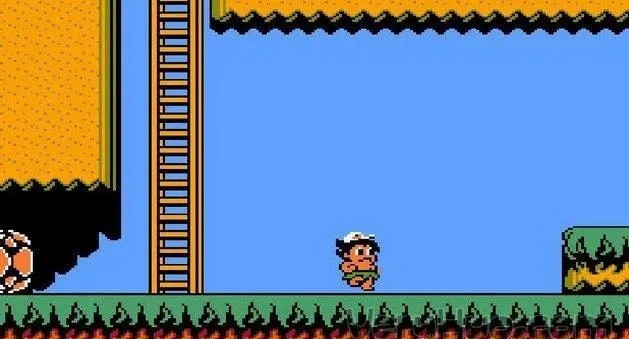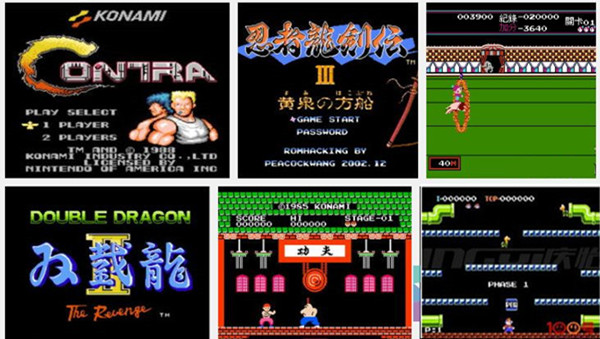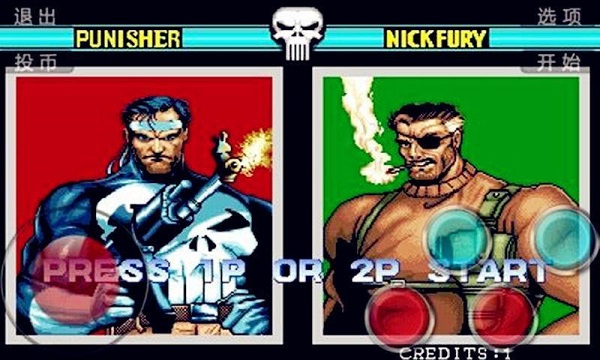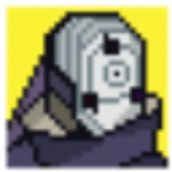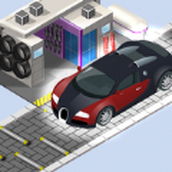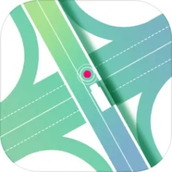![Grau Favela Mod Apk [Speed Hack] 4.6](https://www.kofcn.org/uploads/20240305/logo_65e66dc4dce6b1.png)
Grau Favela Description
"Grau Favela" is a free motorcycle game that immerses players in the challenging environment of a Brazilian favela. Here is a brief introduction to this game:
In "Grau Favela," players experience motorcycle culture on the streets and alleys of a Brazilian favela, known for its unique challenges. The term "Grau" in the game's name may refer to a special motorcycle stunt, often involving spinning the rear wheel while in the air.
Players have the option to choose from different models of Brazilian motorcycles, each with its own unique characteristics and performance. The game's objectives may involve completing various tasks such as races, performing stunts, and participating in challenges to gain reputation and recognition in the favela.
The favela environment may include complex neighborhoods and streets, requiring players to showcase excellent driving skills to navigate through winding roads and fierce competition. Throughout the game, players have the opportunity to unlock new motorcycle models, improving both performance and aesthetics.
Social elements may also be incorporated into the game, allowing players to compete, collaborate, or share achievements with others. By continually enhancing their status in the motorcycle culture of the favela, players can unlock more content and challenges.
Overall, "Grau Favela" offers a unique gaming experience by integrating motorcycle culture into the challenging environment of a favela. Players can freely explore this virtual world of motorcycles, showcasing their driving skills and making a name for themselves in the favela.
Grau Favela MOD APK - MOD Speed Hack features detailed description
Speed-altered versions of games, as a special edition altering the pace of gameplay, offer a different gaming experience compared to traditional games. This type of game version typically allows players to have full control over the game speed, providing them with greater flexibility and freedom.
First, let's take a look at the accelerated version of the game. This version enables players to quickly progress through the game, saving time and increasing efficiency. When players have already experienced the main content of the game and want to easily challenge certain levels or aspects of the game, the accelerated version becomes the preferred choice. However, accelerated versions often introduce additional challenges, such as time limits, to maintain the game's level of difficulty. This speed adjustment allows players to rapidly improve their skills within a limited timeframe but should be used carefully to avoid missing out on the exciting content within the game.
In contrast, the decelerated version of the game offers players the ability to better control the game's pace, savoring the details and visuals of the game, and immersing themselves in the game's atmosphere. This version is suitable for players who enjoy exploration and getting lost in the game world. The decelerated version may particularly appeal to those who appreciate observing the game's details and delving deeper into the storyline, as it allows them to spend more time appreciating the game's aesthetics and emotional storytelling.
However, it's important to remember that speed-altered versions of games can affect the balance and overall experience of the game. Accelerated versions may make the game too easy, diminishing the challenge, while decelerated versions may slow down the game's pace to the point of tedium. Therefore, when choosing a speed-altered version of the game, players should carefully consider their preferences and needs.
In conclusion, speed-altered versions of games provide players with a novel way to experience games, allowing them to have full control over the game's speed and explore different layers of the game. Whether it's acceleration or deceleration, these game versions offer players more choices, enabling them to enjoy the game at their own pace.
Grau Favela MOD APK Advantages
Simulation games are a genre of games that are based on simulating realistic scenarios or activities. Players need to take on the role of a virtual character and manage and control different resources in order to achieve the goals set in the game. Simulation games are usually very realistic, with a high degree of freedom and control, allowing players to explore and experiment freely in the game.
Simulation games are very diverse and cover different fields and themes, such as city building, business management, flight simulation, life simulation and so on. In these games, players can experience the operations and decisions of different scenarios in reality and the results they bring.
InGrau Favela, players need to take the role of a mayor to manage and build a city. Players need to consider factors such as city planning, resource allocation, and citizen needs in order to achieve the goal of making the city prosperous.
InGrau Favela, the player takes on the role of an entrepreneur or manager who runs a company or store. Players need to manage various resources, including manpower, materials and capital, and carry out activities such as product development, sales and marketing in order to achieve the goal of profitability and performance improvement.
In flight simulation games, players need to take on the role of a pilot and fly different types of aircraft. The player needs to understand the various systems and operations of the aircraft in order to deal with various unexpected situations and challenges.
In life simulation games, players need to take on the role of an avatar and control the development of his or her life and career. Players need to make various decisions, including education, work, and family, in order to achieve personal goals and happiness.
